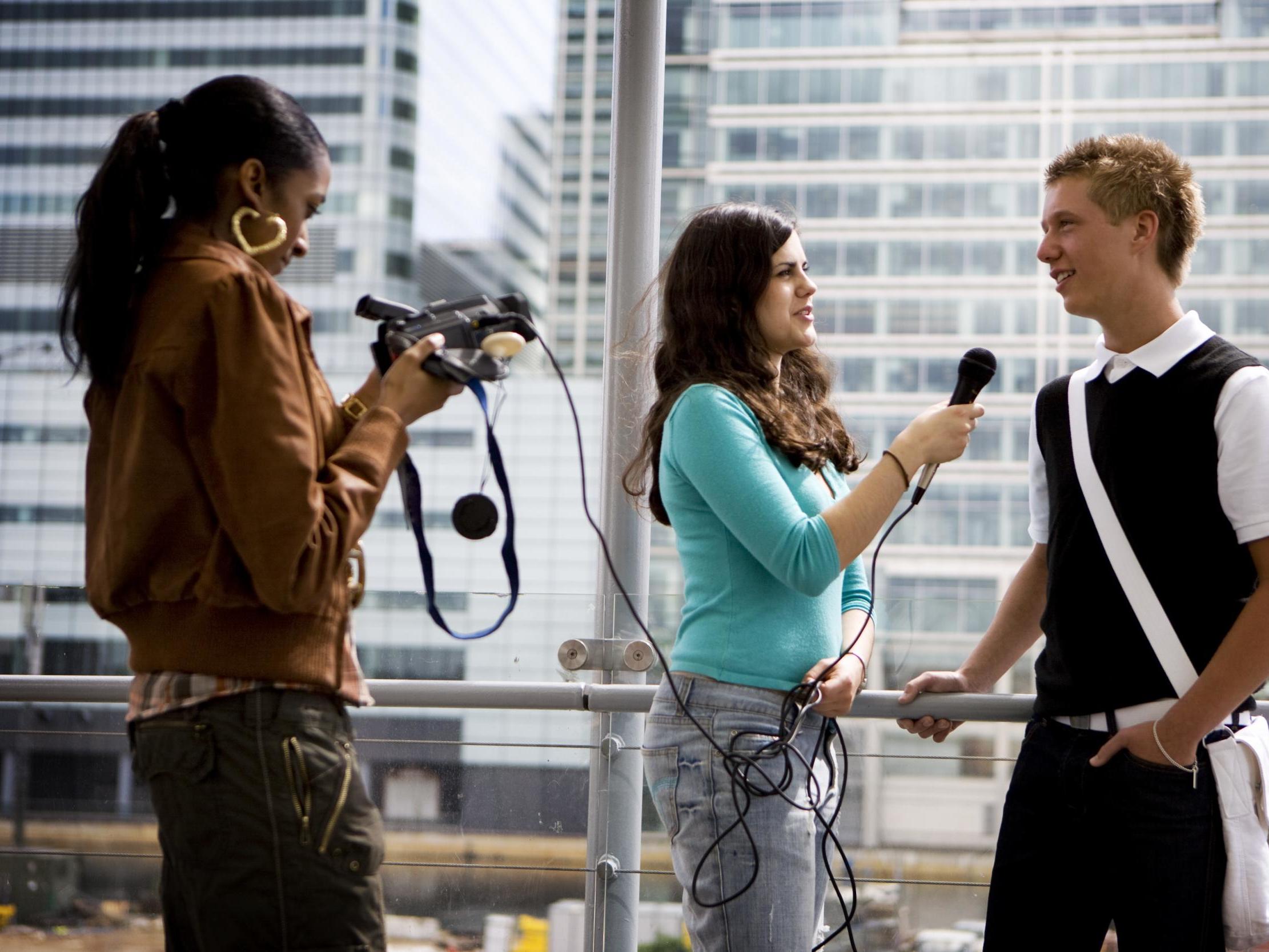The journalism industry is abysmal for working class women like me – in 2020, I'm fighting this inequality
There’s a snobbery that comes along with the job that needs to stop. I’m doing my part by creating a truly inclusive magazine, so no one will have to face the issues I did


Your support helps us to tell the story
From reproductive rights to climate change to Big Tech, The Independent is on the ground when the story is developing. Whether it's investigating the financials of Elon Musk's pro-Trump PAC or producing our latest documentary, 'The A Word', which shines a light on the American women fighting for reproductive rights, we know how important it is to parse out the facts from the messaging.
At such a critical moment in US history, we need reporters on the ground. Your donation allows us to keep sending journalists to speak to both sides of the story.
The Independent is trusted by Americans across the entire political spectrum. And unlike many other quality news outlets, we choose not to lock Americans out of our reporting and analysis with paywalls. We believe quality journalism should be available to everyone, paid for by those who can afford it.
Your support makes all the difference.When I was growing up, I was infatuated with women’s magazines. On a Saturday afternoon, as well as a bag of pic 'n' mix, I’d spend all my pocket money on them. Magazines have the power to influence and challenge. To inspire and motivate. To speak out truth and hope. However, a lot of the time, I felt like they were selling a fantasy.
It wasn't just the airbrushed models and insistent, pressurising narrative to look and act a certain, elusive way that jumped out of the glossy pages, but I didn't recognise the very woman the magazine was speaking to.
I used to wonder: do all women grow up to be middle class chic women, working in London, who wear designer and take weekend city breaks with their boyfriend? Is that simply just what happens to all of us when we hit our 20s? For the vast majority of the time, I couldn't relate to the articles being written across the UK's best selling women's magazines.
When I read female columnists, their middle class problems were my aspirations and their celebrations were things I could only dream of. From the way they spoke, to their fashion, to the way they dated, to their hobbies, even their sense of humour, most things were different. They weren’t writing every day life from a perspective I recognised – a working class perspective – they were writing from an upper-middle-class view. I couldn’t connect and desperately wanted to hear a voice like mine in my teens.
Subtly and perhaps unintentionally, they also often looked down at people like me and the lifestyle I had. As a working-class woman, you accept class discrimination very early on in your life and are taught that you are second in the pecking order. It's also ingrained that being southern and posh is something you should aspire to – it is the correct way to be and act.
The media for a long time has poorly served this particular demographic. Through blood (copious amounts of unpaid internships), sweat (classism in the office) and tears (more classism on the job), when I finally did become a journalist, I only then realised why so many working-class women were locked out from it. I understood just how hard breaking into big titles would be. And in an industry where companies are still offering unpaid internships or “all-expenses” paid placements, it means the wealthy can afford to do most journalism gigs over the working class.
There was a snobbery that came along with working in the industry. I was often the only scouser and working class person in the offices I worked in, especially when it came to high fashion magazines. I quickly learnt in the beginning stages of my career, wherever I went, that there was a permanent dark shadow of class discrimination in journalism. It was as if my posh colleagues and editors viewed me as less educated as a working-class woman, less “on-trend” as a northerner, and therefore, less able.
My really quite horrible, classist experiences prompted me to think about my fellow working class writers who are just beginning their own struggles in the elitist world of journalism. Eleven months ago, I decided to set up my own journalism consultancy, The Freelance Sessions, where I help people who aren’t in the elite or come from a privileged background, become journalists. Although the sessions I run are inclusive, I wanted to help those in particular from these backgrounds, get on the journalism ladder when it can seem impossible to do so.
When they broke in, I also didn’t want them to be held back by their class, background, accent or education. So in the sessions, we focus on their article ideas and how they can get them commissioned. Since launching, my clients have seen success in national and global publications, which has been such a win for working class women in particular in their journalism careers.
In 2020, I will be creating a women's magazine in that will not only help aspiring writers become journalists and help fight classism in the industry, but that will be brimming of relatable, interesting and fun content which appeals to a working class audience. I’ll also be commissioning working class writers. With more and more efforts like these springing up in the last few years, it seems there may well be hope for journalists like me in the future. I can’t wait to see it come to fruition.
Join our commenting forum
Join thought-provoking conversations, follow other Independent readers and see their replies
0Comments